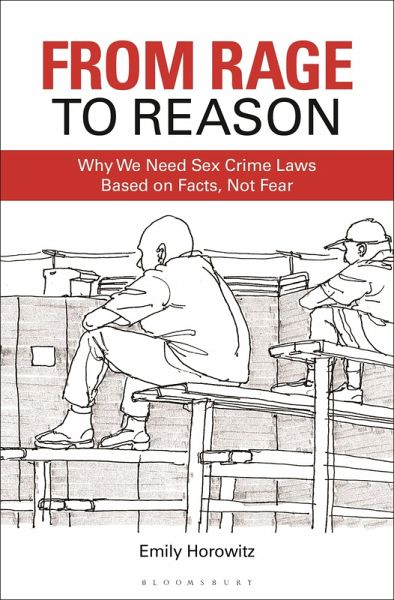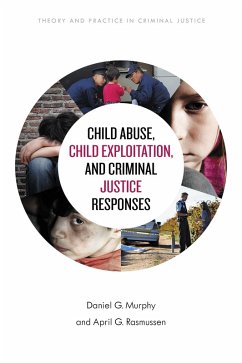
From Rage to Reason (eBook, ePUB)
Why We Need Sex Crime Laws Based on Facts, Not Fear
Versandkostenfrei!
Sofort per Download lieferbar
18,95 €
inkl. MwSt.
Weitere Ausgaben:

PAYBACK Punkte
9 °P sammeln!
Analyzing sex-offense laws and false claims, this book shows that laws based on vengeance rather than justice or evidence create new forms of harm while failing to address the real and pervasive problem of sexual violence. In this timely and extensively researched book, sociologist Emily Horowitz shows how current sex-offense policies in the United States create new forms of harm and prevent those who have caused harm from the process of constructive repentance or contributing to society after punishment. Horowitz also illustrates the failure of criminal justice responses to social problems. S...
Analyzing sex-offense laws and false claims, this book shows that laws based on vengeance rather than justice or evidence create new forms of harm while failing to address the real and pervasive problem of sexual violence. In this timely and extensively researched book, sociologist Emily Horowitz shows how current sex-offense policies in the United States create new forms of harm and prevent those who have caused harm from the process of constructive repentance or contributing to society after punishment. Horowitz also illustrates the failure of criminal justice responses to social problems. Sharing detailed narratives from the experiences of those on registries and their loved ones, Horowitz reveals the social impact and cycle of violence that results from dehumanizing and banishing those who have already been held accountable. From Rage to Reason offers a new perspective on how and why false claims about sex offenses became so pervasive and how these myths fostered ineffective policies that have little to do with the reality of most sexual abuse. It argues that to truly prevent sexual abuse, we must unearth the sources of these misunderstandings, debunk these claims in a systematic way, and have frank and genuine discussions about the limits of legal responses to complex social problems.













